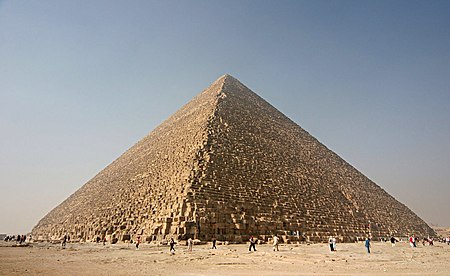Some have suggested that Russell was not a cult leader - he did not insist on uniformity of beliefs and each congregation (I think they were called "ecclesias" back then) was independent and not controlled by a central governing body.
Compared with Rutherford, he was indeed more kindly natured - hey, most people would be kindly compared with Rutherford - a cult leader if ever there was one.
Bottom line, though: Russell was as deluded as his successor.
